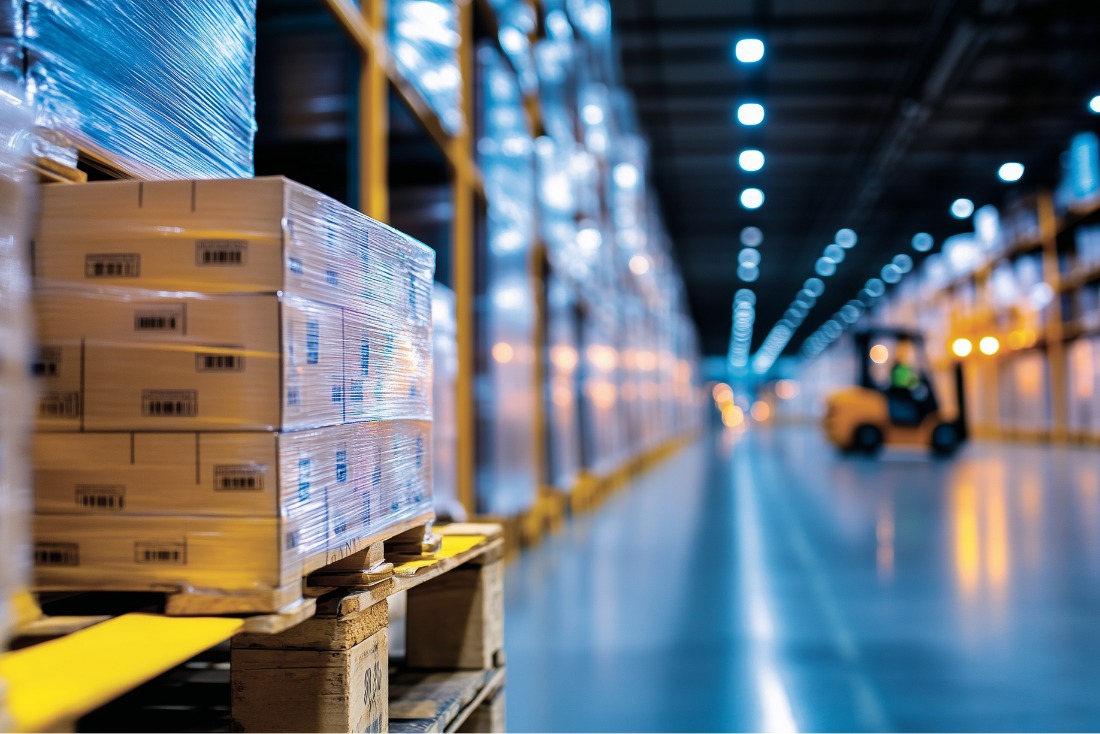
When it comes to international shipping and customs compliance, many businesses encounter a significant challenge: how to legally and efficiently move goods that haven’t yet cleared customs. This is where bonded carriers come in. These carriers are specially authorized by U.S. Customs and Border Protection (CBP) to transport shipments under bond between customs-controlled locations without the need to pay duties or taxes until the goods are officially cleared. In Florida, with major international ports and airports in cities like Miami and Orlando, bonded carriers play a critical role in keeping global supply chains moving. For businesses that import goods, understanding when and why to use a bonded carrier is essential, not only to ensure compliance but to gain more flexibility in inventory and distribution strategies.
What Is a Bonded Carrier?
A bonded carrier is a logistics provider that holds a customs bond and is authorized to move cargo that has not yet been cleared through U.S. Customs. These shipments are typically sealed and must travel from one bonded facility to another, such as between a port and a bonded warehouse, without being opened or delivered to a non-bonded site. Unlike standard delivery carriers that handle domestic or fully cleared goods, bonded carriers are part of a highly regulated system. The bond they hold is essentially a financial guarantee to CBP that the goods they transport will be properly handled and accounted for until duties are paid. If the shipment is mishandled, misdelivered, or tampered with, the carrier could be liable for the value of the duties and taxes owed. This level of responsibility makes bonded carriers an essential component of international logistics operations, especially for businesses that import in high volume or need to defer duty payments.
When Is a Bonded Carrier Required?
Bonded carriers are not used for every shipment. They are specifically necessary when goods are being imported into the United States but have not yet cleared customs. Common scenarios where a bonded carrier is needed include:
- A shipment arrives at a seaport in Miami but needs to be transported to a bonded warehouse in Orlando before being cleared
- Cargo is offloaded from an aircraft at Miami International Airport and must move to a customs examination station or Foreign Trade Zone
- Goods are in transit to another state or port, but the importer has chosen to delay duty payment until a later point in the logistics chain
It’s important to understand that a bonded carrier does not deliver goods to final customers. Their role is strictly to transport freight between customs-authorized facilities. Any movement to a non-bonded location before clearance is a violation of customs regulations and can result in penalties, delays, or the seizure of cargo.
Why Use a Bonded Carrier in Florida?
Florida serves as a gateway for international trade, especially with Latin America and the Caribbean. As such, many shipments entering through Florida’s ports and airports require careful coordination before being released into the domestic market. This makes bonded transportation a frequent and necessary service for importers operating in or through the state.
Using a bonded carrier in Florida gives businesses the ability to:
- Defer duty payments by moving goods to a bonded warehouse for storage
- Complete customs inspections at off-site locations instead of congested ports
- Maintain supply chain flexibility by holding inventory in-bond until demand or distribution plans are finalized
For freight forwarders, customs brokers, and international retailers, the ability to move goods securely and compliantly within Florida is a major advantage. It can reduce dwell times at port terminals, avoid unnecessary demurrage charges, and streamline customs clearance by moving goods closer to inland customs facilities or inspection zones.
How Comet Delivery Supports Bonded Freight in Florida
Comet Delivery Services is a certified U.S. Customs bonded carrier operating exclusively within the state of Florida. Our bonded fleet is authorized to move cargo between Florida’s ports, bonded warehouses, examination stations, and Foreign Trade Zones. Whether a shipment lands at Port Miami, the Port of Jacksonville, or arrives by air at MIA or MCO, Comet can securely transport that freight to its next bonded destination keeping you in compliance and on schedule.
We understand that timing and accuracy are everything in international logistics. That’s why our bonded delivery service operates with a focus on precision, security, and 24/7 availability. Our drivers are TSA-certified, our vehicles are tracked by our dispatch team in real time, and our customer support staff maintains constant communication to ensure your cargo stays on track from port to warehouse.
Most importantly, we never leave the state. All of our bonded carrier services are conducted within Florida, ensuring we stay focused on our local infrastructure and regulatory environment. That geographic specialization allows us to move swiftly and efficiently through state ports, customs sites, and distribution zones.
Final Thoughts
If your business is involved in international trade and you’re moving goods through Florida’s customs system, using a bonded carrier isn’t just a convenience it’s a legal necessity. Comet Delivery offers dependable bonded carrier services tailored to the complexities of customs compliance and the demands of global supply chains.
By partnering with a trusted bonded carrier like Comet, you ensure your freight moves safely, securely, and in full compliance with U.S. Customs requirements without leaving Florida. For importers, freight forwarders, and customs brokers, that peace of mind can be the difference between a shipment that flows and one that stalls. Call us today